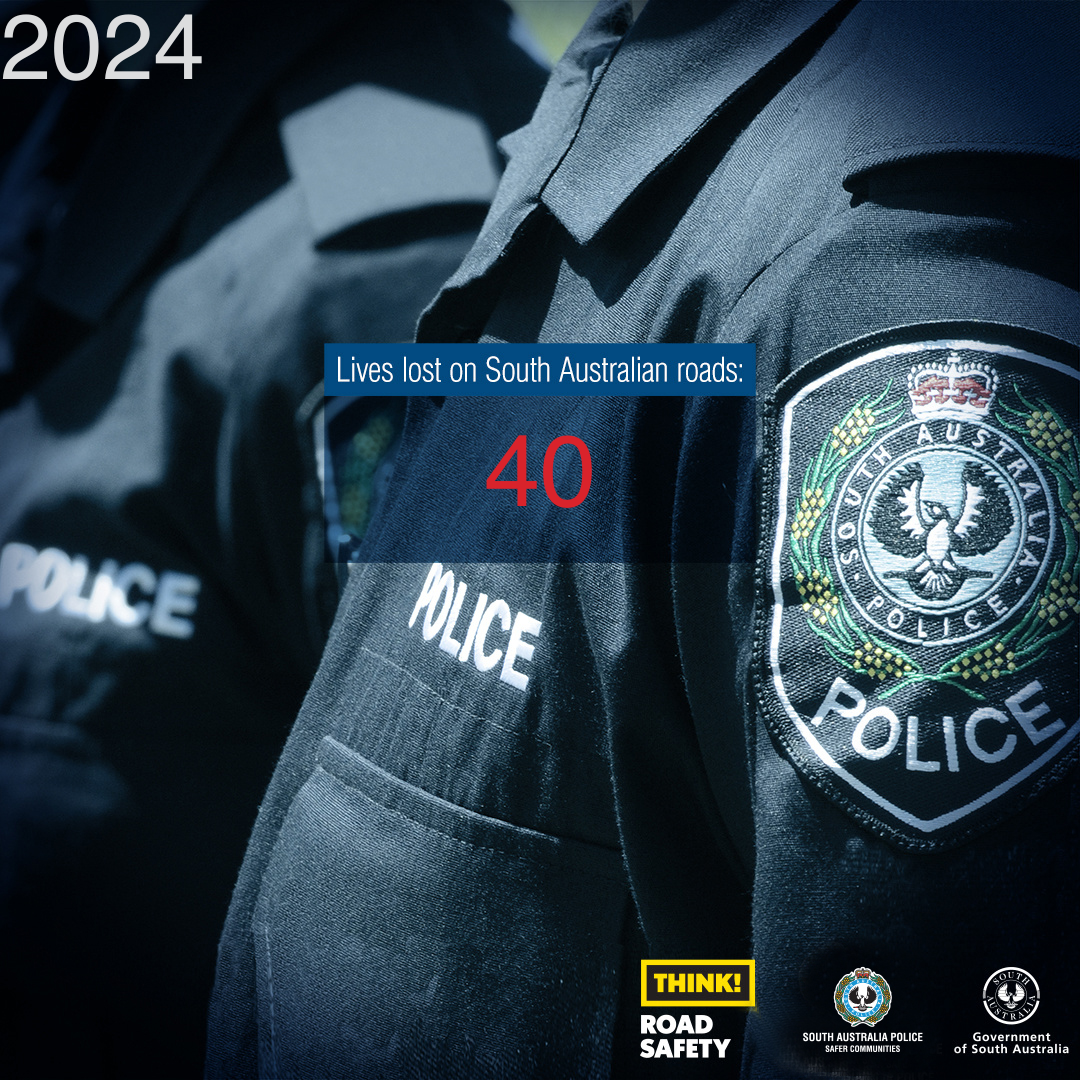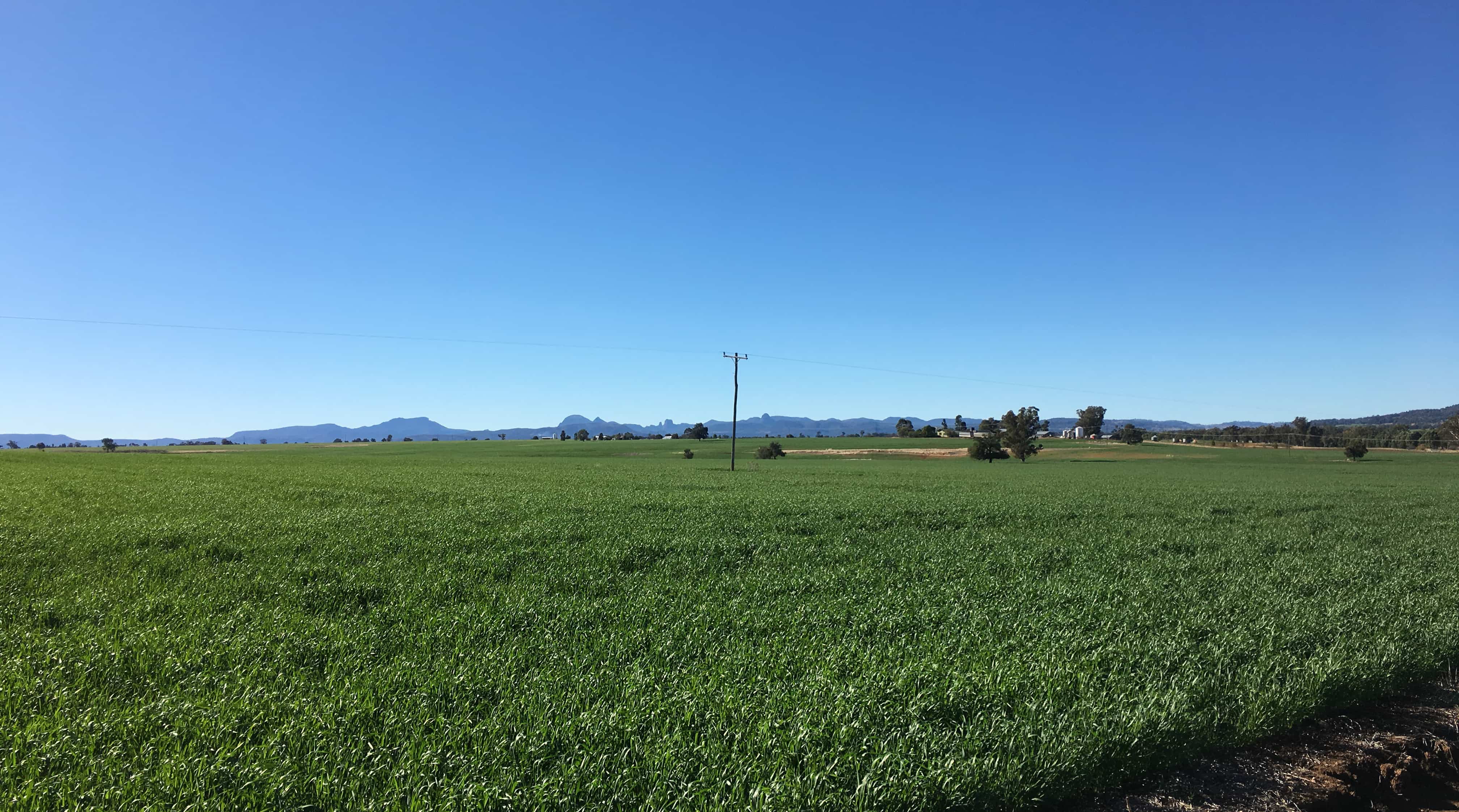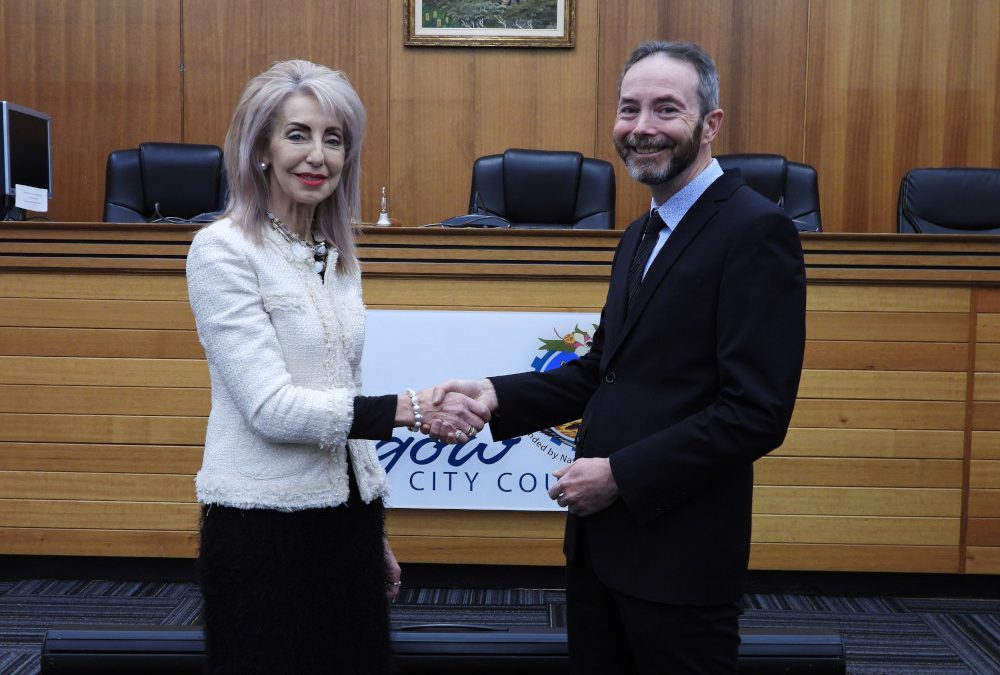Acting Senior Sergeant Sharon Morgan has spent the better part of her policing career with the Queensland Police Service (QPS) assisting those in dangerous, abusive relationships and unsafe homes to safety.
Her empathetic approach and discernment of facts is a result not only of her training, but her own personal experience. Sharon is a victim-survivor.
Sharon met her now ex-partner at age 17, describing the beginning of their relationship as a ‘thrill’ to be dating a man in his early 20’s and his aptitude for gentlemanly behaviours.
After just a few months into their relationship, Sharon recalls the first night she was exposed to physical violence. From that moment, Sharon would be exposed to physical, emotional, financial abuse and coercive control for more than 7 years.
During this time, Sharon embarked on her career as an officer with QPS, hiding the abuse she suffered from her colleagues for years, until an occurrence which saw her Sergeant at the time respond and immediately intervene.
Now, Sharon uses her experience as a propeller to help those who find themselves in high-risk abusive relationships, through her role as Senior Sergeant in the Domestic and Family Violence and Vulnerable Persons Command High Risk Teams.
High Risk Teams are an integrated service response which work on a holistic approach to DFV in conjunction with external agencies.
These units determine high-risk cases by consideration of lethality factors to offer appropriate safety responses for victims and families of high-risk incidents of DFV across the state.
“As a police officer and someone who is a victim-survivor, you are so passionate about that space, I just want to make sure that I can help people still,” Sharon says.
“I wanted to join the police because I wanted to help people and I think in this area, I am able to do that.”
Domestic violence rates increased significantly in 2023 with more than 171,000 reports received by police in Queensland, with the Commission of Inquiry (COI) reporting approximately 80% of domestic and family violence (DFV) cases going unreported.
The QPS is committed to working with and for the community to end domestic and family violence.
Recommendations made by the COI into QPS responses to DFV include, recruiting personnel to increase capability in service areas which deal with DFV across the state as well as our frontline policing response, developing and reviewing training programs relating to management of DFV programs that increase competence and confidence whilst improving critical thinking and decision making and reviewing and updating our processes and procedures to be more contemporary, reflective of current policing requirements, and more appropriate to the needs of victim-survivors.
When considering the changes made to the approach and support of victim-survivors, Sharon notes the changes implemented since her own experience.
“We’ve got two-day holistic training, three-day training, five-day specialist training and online learning products,” she says.
“We’ve got a Domestic and Family Violence Command that are all day, every day, working in the background to mitigate domestic and family violence.”
With so many support services available now, Senior Sergeant Sharon Morgan is imploring victim-survivors to contact police or partner agencies for help.
“We’ve got so many things available to victims now, that can assist in leaving or preventing further DFV,”
“As a victim-survivor myself, I wish I had that support when I was going through my experience. Thankfully now there are so many resources and service available to support victim survivors”.
If you or someone you know is experiencing domestic and family violence, you should report it to police.
Support and counselling is available from the following agencies:
- DVConnect Womensline: 1800 811 811
- DVConnect Mensline: 1800 600 636
- 1800 RESPECT: 1800 737 732
- 13YARN: 13 92 76
More information is also available from the Queensland Government Domestic and Family Violence portal.








